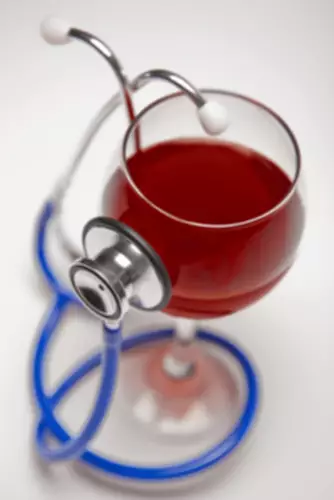
To see how we help those living with dementia, browse photos of some of our exciting and eclectic activities here at Village Green. Depending on each case, a healthcare provider may order a brain scan and/or more diagnostic tests to better evaluate the nature of the damage to the brain caused by the condition. Alcohol-related dementia can affect how long you’ll live (your life expectancy).
The 4 stages of alcoholic dementia

These strategies often overlap with general dementia prevention tactics and include maintaining a healthy diet, engaging in regular physical exercise, staying mentally active, and managing cardiovascular risk factors. It’s important to note that while these strategies can help reduce risk, they don’t guarantee prevention. Alzheimer’s disease is complex, with Twelve-step program both genetic and environmental factors playing a role. Furthermore, the majority of the observational study populations are not representative of heavy alcohol users or people with AUDs, as these individuals are often excluded by design 20. Heavy alcohol users and people with AUDs were excluded from the sampling frames 60), were more likely to drop out 20, and were more likely to die at younger ages 74, 76–78. To address these limitations, future epidemiological studies on the role of heavy alcohol use and AUDs on dementia onset could be conducted in a hospital setting where individuals with such characteristics are over-represented.

How is alcohol-related dementia diagnosed?

The kind of drinking that causes alcohol-related dementia is different from an occasional cocktail, beer or glass of wine. The American Medical Association dementia and alcohol use recommends that males have no more than two standard-sized drinks per day, and no more than 14 in a week. Females should have no more than one standard-sized drink a day, and seven or fewer drinks each week. People with alcohol-related dementia may experience painless vision loss, gait abnormalities, or mental status changes such as apathy and a lack of speech. Some people with advanced cases of the condition may experience hallucinations and irreversible and severe memory impairments. When someone drinks heavily for years, their brain may suffer lasting damage.
- As our understanding of brain health evolves, researchers are increasingly focusing on the impact of lifestyle factors, including alcohol consumption, on cognitive function.
- However, relatively few epidemiologic studies have focused on whether people who drink alcohol have a greater or lesser chance of developing AD.
- All condition, treatment and wellness content is medically reviewed by at least one medical professional ensuring the most accurate information possible.
- They want to help you understand what’s causing the symptoms you’re experiencing.
4. Neuropsychological Presentation and Findings

We examined associations of dementia with alcohol consumption in midlife, alcohol dependence, hospital admission for alcohol related disease, and trajectories of alcohol consumption over 17 years. In addition, we examined whether cardiometabolic disease modifies the association between alcohol consumption and dementia. Alcoholic dementia occurs in individuals aged 40 to 70, though it appears earlier in severe cases of prolonged alcohol abuse.
